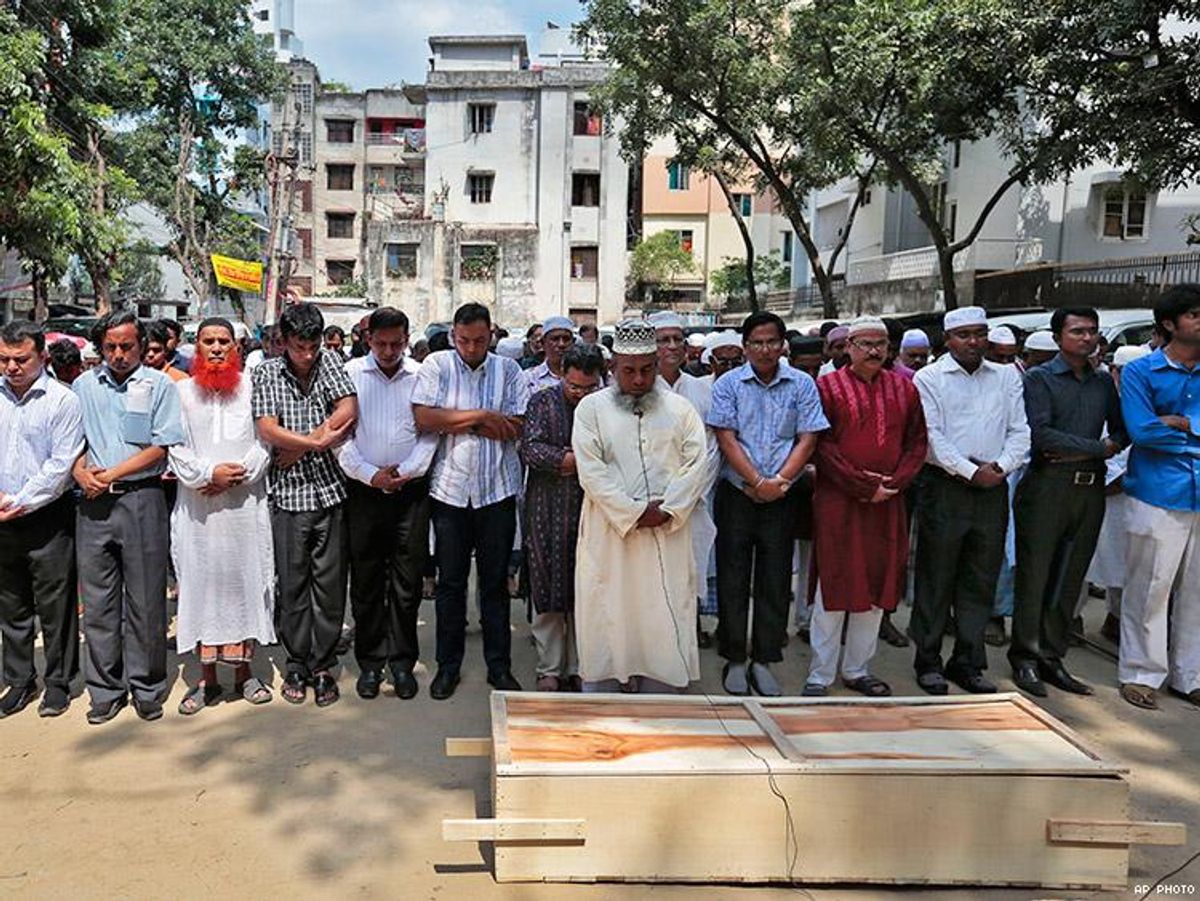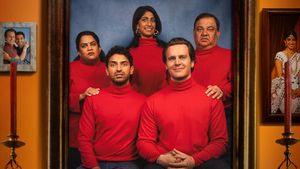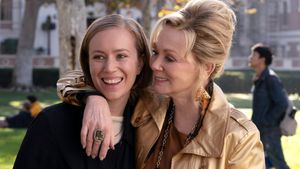On April 14 I saw a news alert about police arresting four LGBT people in Dhaka, Bangladesh's bustling capital city. I emailed Xulhaz Mannan, a contact at the organization mentioned in the news piece, to ask what support they needed. He wrote back two days later, saying he'd been advocating for their release. They were free but tormented by the experience -- both by the antigay threats surrounding the diversity rally they had planned to attend, and from the decision by the police to arrest, rather than protect, people who had hoped to participate.
Ten days later, Mannan was dead -- hacked with machetes in his apartment. An Al-Qaeda affiliate claimed responsibility, calling Mannan a "pioneer of promoting homosexuality in Bangladesh."
The April 25 murder of Mannan and the friend he was slaughtered alongside, Tonoy Mahbub, is the latest in a spate of brutal killings of bloggers and intellectuals by extremists. The killings have sent a shiver down the spine of academics, activists, and lesbian, gay, bisexual, and transgender people in Bangladesh.
Mannan was a well-known and visible writer and activist. He edited Roopban, Bangladesh's first LGBT magazine, which began publishing in 2014. He was also an openly gay man in a country that still criminalizes same-sex sexual behavior, with a government that says homosexuality offends religious sentiments. On Thursday, the Bangladeshi home minister told reporters: "As far as we know, Xulhaz was the editor of a magazine named Rupban. And he worked to promote gay rights. This does not fit in our society."
The LGBT community in Bangladesh is under constant pressure. In 2015, BOB, a Bangladeshi LGBT rights organization, said that "visibility can be life-threatening." Even subtle displays of activism can attract unwanted attention, which is made more risky as the authorities have repeatedly failed to stand up for freedom of expression.
The killings of Mannan and Mahbub follow a marked increase in recent targeted attacks on writers, educators, bloggers, and editors who promote liberal and secular ideas that radical groups believe are against Islam. The LGBT activists' deaths bring to nine the number of high-profile people hacked to death in Bangladesh in 2016. As the list expands, so do the reasons individuals are targeted -- from religious beliefs, to blogging and organizing a movement against radical political groups, to engaging in cultural activities, and now LGBT activism.
Mannan wrote eloquently about coming out as gay in a socially conservative society -- leaving the "comfortable closet," as he put it. He worked with a handful of organizations to plan events and support other LGBT people. Just before he was killed, he took part in planning a "Rainbow Rally" that was planned to take place in Dhaka on April 14. He told me: "Rainbow Rally is a celebration of diversity and friendship and should not be confused with gay pride. Yet, some vested quarters and extremist groups labeled it as such, and police bought into their claims."
The evening before the event, police asked organizers to cancel it due to homophobic threats. The organizers -- having seen the onslaught of threats on social media -- agreed to the request. However, on the morning of April 14, police arrested the four people who arrived at the planned location for the event carrying paper flowers and accused them of attempting to stage the event regardless. Later that day, police visited the offices of groups that work with sexual and gender minorities and arrested staff there as well, detaining them for half a day on suspicion of involvement in the rally.
Despite government initiatives to improve opportunities for the hijra, or transgender, community through official third gender recognition, it was nothing new to see the police attacking instead of protecting LGBT people. The National Human Rights Commission has documented physical and sexual assaults on LGBT people by the police. At a United Nations review, the Bangladeshi government accepted a recommendation to enhance police training around serving women and children, but rejected the call to protect LGBT people, saying "sexual orientation is not an issue in Bangladesh."
In recent months, several LGBT activists have gone into hiding to avoid extremist attacks. They did not trust police enough to even attempt to seek their protection. In the wake of this week's murders, LGBT rights activists' fears have deepened.
"I am so scared, I know this is worse than ever -- but I have no idea what to do," one told me. And another said: "Even though I am free [not under arrest], I am so scared. I haven't even gone back to my house."
While some LGBT people in Bangladesh are exercising caution in the face of persistent abuse and heightened security concerns, others have already indicated their intent to re-double their efforts. "As long as I am alive, I will continue doing this work," an activist told Human Rights Watch. "I will never let it go."
Mannan wrote consistently about the pursuit of the right to love. His courage as an openly gay man inspired people around the world that change was possible. LGBT rights activists deserve the Bangladeshi government's respect and protection -- including by investigating Mannan's murder and prosecuting his killers.
Sadly, the government has made repression -- of opposition party members and critical media -- a higher police priority than capturing those who plan and carry out this abhorrent violence. Bangladesh's many friends and donors should demand protection for those at risk, including by offering to participate in the kind of thorough and professional investigation necessary to end these ghastly murders.
 KYLE KNIGHT is a researcher in the lesbian, gay, bisexual, and transgender rights program at Human Rights Watch.
KYLE KNIGHT is a researcher in the lesbian, gay, bisexual, and transgender rights program at Human Rights Watch.


 KYLE KNIGHT is a researcher in the lesbian, gay, bisexual, and transgender rights program at Human Rights Watch.
KYLE KNIGHT is a researcher in the lesbian, gay, bisexual, and transgender rights program at Human Rights Watch.










































































